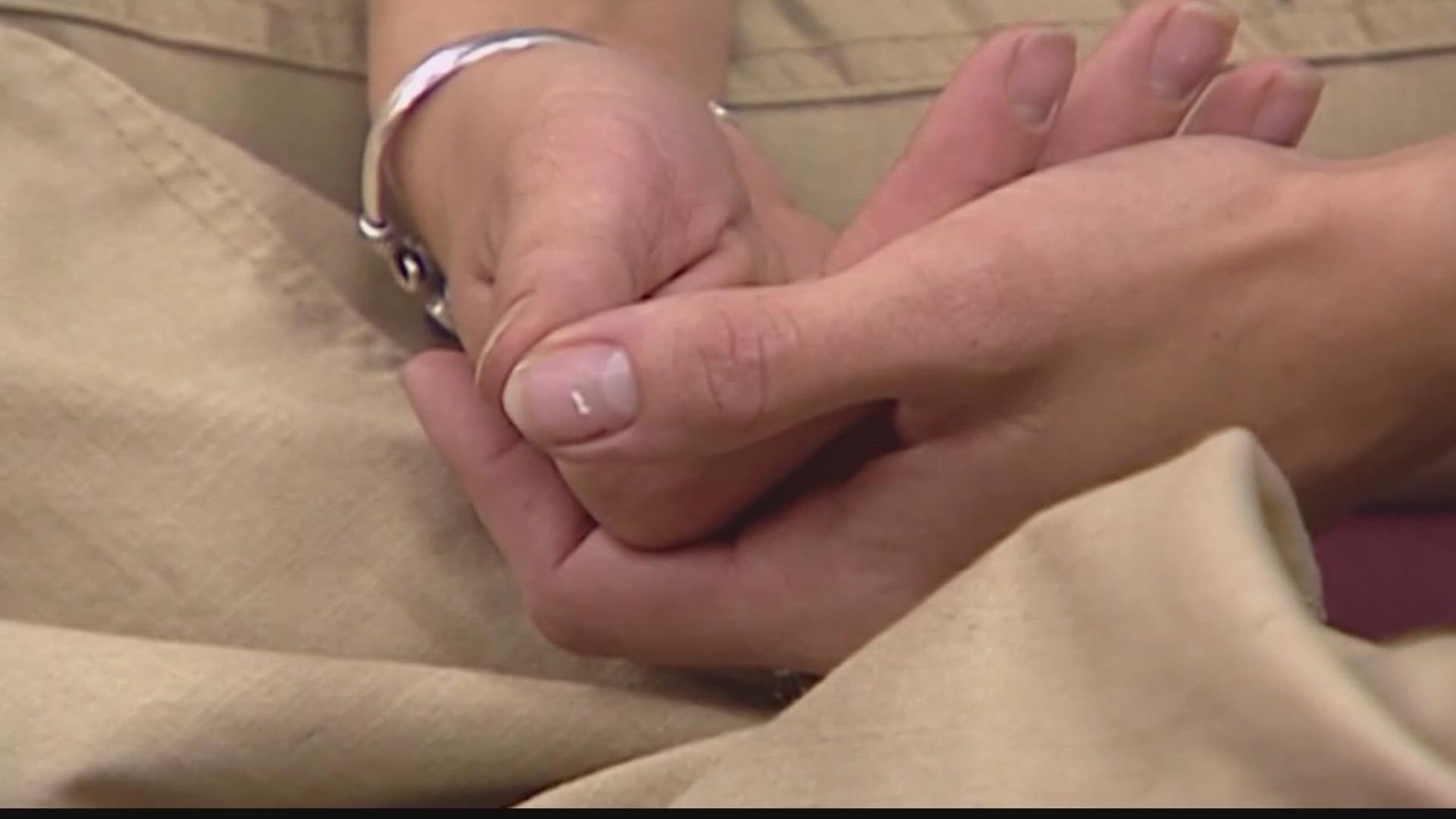HUNTSVILLE, Ala. — Going back to school can be stressful for young people. So can the pressures of being thin, and people from all walks of life experience eating disorders.
"Anywhere from 10 to 20% of the population deal with an eating disorder." That's according to Linda Steakley, a registered dietician with Huntsville Hospital. "We use the term eating disorder and we also use the term disordered eating and disordered eating oftentimes will turn into a full-blown eating disorder."
According to the National Eating Disorders Association, eating disorders have historically been associated with straight, young, white females, but in reality, they affect people from all demographics and are not caused by any single factor. Steakley says, "A lot of it is the stress that these girls are putting on themselves. And it's guys too, it's both sexes, so we can't just say it's just a female thing."
A lot of it is rooted in the stress to be perfect. Many people who deal with disordered eating are perfectionists in many other areas of life. That perfectionism carries over when it comes to body image. Steakley explains, "We see some eating disorder patients who are somewhat obsessive over different things, whether it's making that 'a' or only eating fruits and vegetables and only having a half cup portion size. So what they do is they just take a good thing to an extreme."
Eating disorders can also be passed down - there may be a genetic component - and if a child grew up around someone struggling with an eating disorder, they're more likely to struggle as well.
Speaking of influence, social media is of no help when it comes to the number of people dealing with eating disorders. Steakley says that some content creators, "Get on and talk about how much weight they've lost and how skinny they are and they can never be skinny enough and and they want to be skinnier than the next person."
If you or someone you know needs help with an eating disorder, Huntsville Hospital has a program that can help. The Becky Streetman Center for the Treatment of Eating Disorders through Nutrition Intervention was created in honor of a young woman who succumbed to an eating disorder and provides nutrition evaluation, counseling and hands-on coaching to support children, teens and adults struggling with eating disorders.
When it comes to picking up on a loved one's eating disorder, sometimes, eating disorders are not so easy to recognize.
"Usually, we see some weight loss but not in every case do we see weight loss."
Here are some of the things you may catch your child doing, that could be an indicator of disordered eating:
- They may skip lunch
- They may not want to eat anything at all
- They obsess over calories or portion sizes
- They aim to eat a 'really, really healthy' diet but are taking it to the extreme
Steakley says, "that's when we get into disordered eating that can also lead to an eating disorder."
It's important to remember that words, even if your intentions are pure, can send someone dealing with an eating disorder into a spiral, especially if that comment is directly related to weight and or appearance.
"Maybe a young woman or man wants to lose five pounds or 10 pounds, just to really be, maybe healthier or to be a little bit faster in track or whatever. And so they lose five pounds or 10 pounds and people say 'oh, you look great,' you know, 'what are you doing' and that just triggers something and so they think, 'Okay, well, if five or 10 pounds makes me look great. Maybe if I lose 20 pounds, I'll even look better.'"
So, what's the solution?
Well, telling your child or teen to 'just eat' is not the answer.
"That's not what it's all about. Once it gets into full-blown eating disorder or disordered eating, just saying 'eat' or 'you needed to eat' or 'you can't go out Friday night because you're not eating very well.' That's not the answer," said Steakley.
Seeking your child professional help is!
"Run, don't walk, get some help! Because it can just get worse and worse and worse and the longer a child or even an adult has an eating disorder, the harder it is to get it under control. So, if you can nip it in the bud, that's when it needs to be taken care of," said Steakley.

